At the foot of towering TNB pylons in Tropicana, Asther Lau and a fellow volunteer stood quietly — not to capture or intervene, but to observe. In front of them, a pack of stray dogs circled warily, among them three delicate newborn puppies. This gentle, intentional presence is central to the Animal Kindness Coalition’s (AKC) philosophy: a grassroots movement built not on disruption, but on dignity and empathy.
Founded by Asther and her partner Helena, the AKC has steadily grown into a community-based non-governmental organisation (NGO) focused on humane stray animal management. Its cornerstone approach — Trap-Neuter-Return-Manage (TNRM) — is rooted in science and compassion. Strays are not removed or destroyed; they are neutered, vaccinated, returned, and monitored, ensuring their population remains stable and healthy within their habitat.
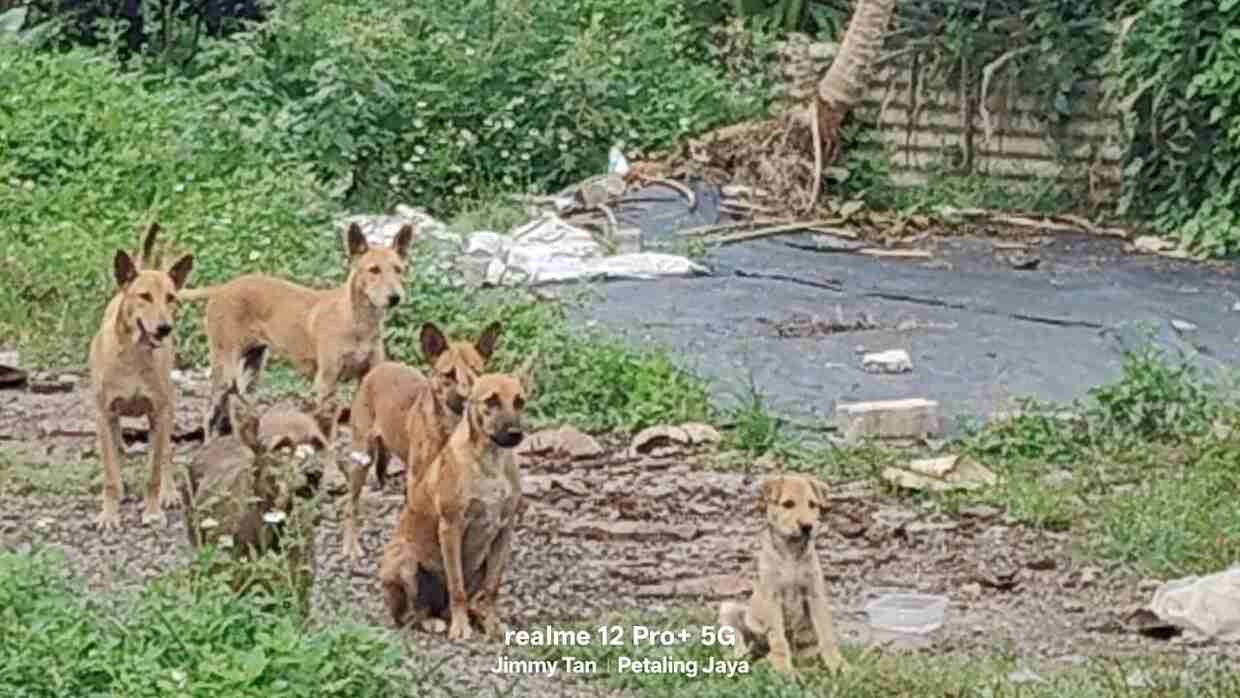
Rather than enforcing control, AKC’s work begins with understanding. They guide and support local feeders — the unsung heroes who care for community animals daily — offering tools and structure to manage stray populations effectively. Their collaborations extend to local councils like Petaling Jaya City Council (MBPJ), and partnerships with groups such as IAPWA Penang, from whom AKC has adopted elements of an already-proven TNRM model.
Turning points and measurable impact
One of AKC’s most celebrated milestones is its pilot project in Bandar Utama. Once a neighbourhood overwhelmed with stray-related complaints, it is now widely recognised as a shining example of how data-driven, community-first strategies can transform public spaces. Through sustained engagement and strong council support, AKC achieved a 100% neutering rate among the monitored strays. The outcome was not just a drop in population growth, but also a remarkable shift in public perception — strays were no longer seen as threats, but as part of the neighbourhood ecosystem.

Bandar Utama’s transformation has since inspired wider adoption of TNRM principles, even in areas still grappling with stray issues such as Rawang, Bangi, and certain parts of Kuala Lumpur. The ripple effects are visible in Penang Island, where over 7,500 strays have been neutered to date through IAPWA-led efforts in collaboration with the Penang Island City Council (MBPP). The success highlights how sustainable, systemic interventions by NGOs working closely with local councils can create lasting impact.
Crucially, the AKC model isn’t confined to trap-and-neuter operations. Events like the Pawsitive Fiesta in Kuala Lumpur serve as joyful, educational platforms where adopters, feeders, and the public gather to celebrate responsible pet ownership. These gatherings include grooming demonstrations, expert talks, and adoption drives — gently embedding a culture of kindness into everyday life.
From grassroots to national advocacy
While AKC operates largely on the ground, its impact stretches to national policymaking arenas. Asther and other AKC representatives have stood with animal welfare coalitions in Parliament, calling for more robust and humane legislation. Though change at the policy level is gradual, AKC’s advocacy keeps animal welfare issues visible, signalling to lawmakers that there is growing public demand for long-term, ethical solutions.
Behind the scenes, the coalition works hand in hand with shelters such as SPCA Selangor and Second Chance Animal Society to streamline rescue and adoption processes. These collaborations reinforce a vital support network for frontline feeders and rescuers, many of whom operate with limited means.

At its heart, the Animal Kindness Coalition advances a powerful belief: that every stray has value. Their work offers an antidote to outdated catch-and-kill practices, proving that with compassion, collaboration, and community support, humane solutions are not only possible but effective.
Through education initiatives in schools and digital platforms, AKC is nurturing a new generation of Malaysians to view strays not with fear, but with empathy. In doing so, they are laying the foundation for a society where animals are seen not as nuisances, but as co-inhabitants deserving of care and respect.
As Malaysia’s cities grow, AKC’s presence reminds us that coexistence is not merely an ideal — it is an achievable reality, driven by quiet determination and purposeful kindness.


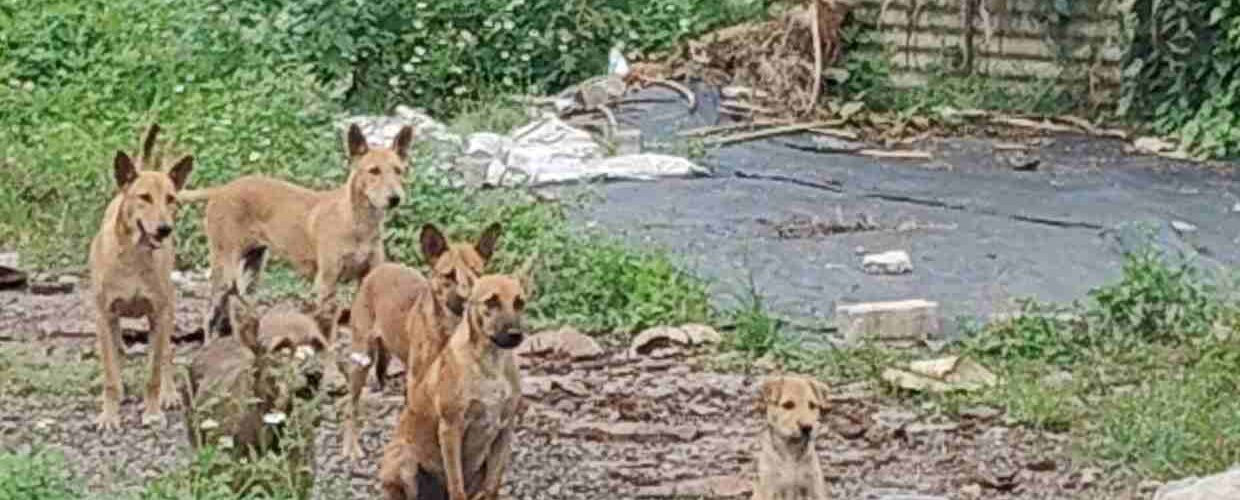
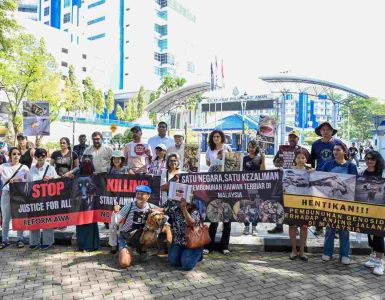
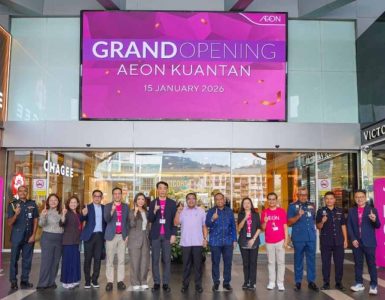

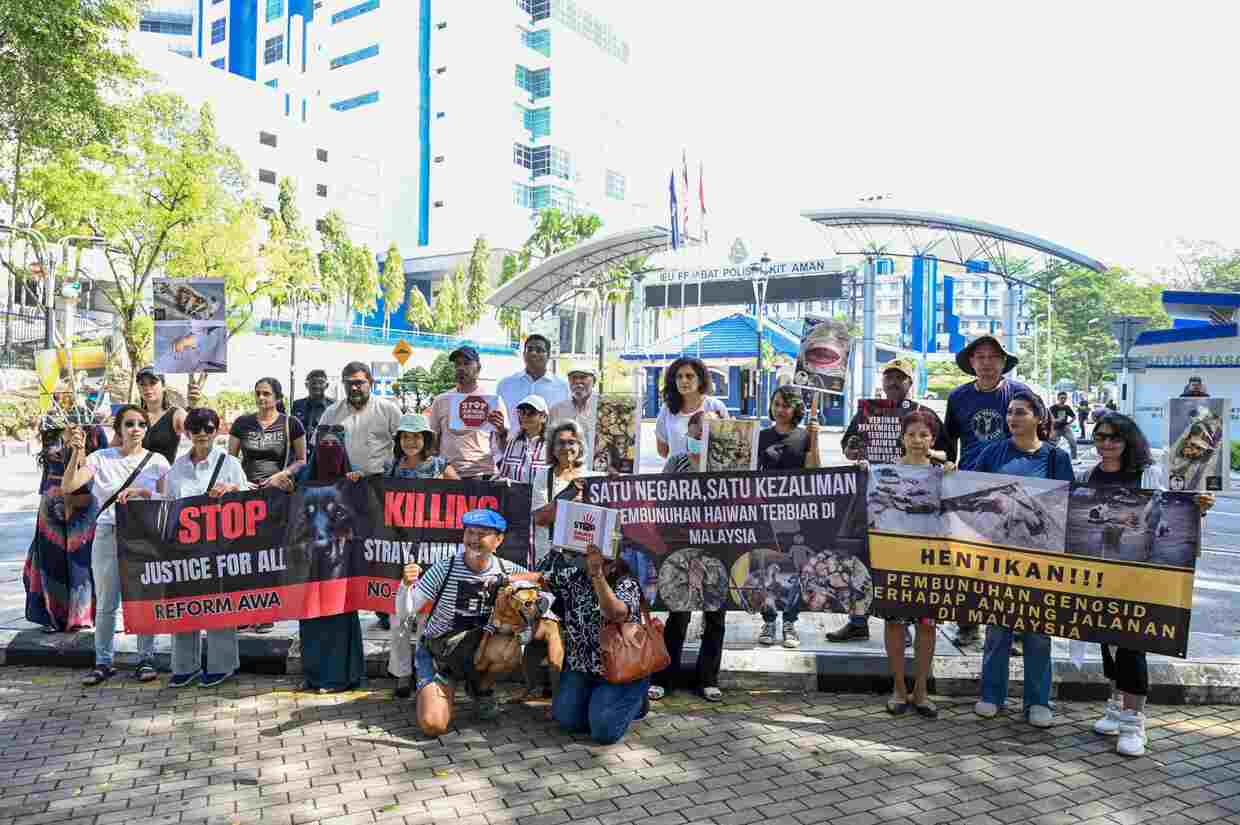
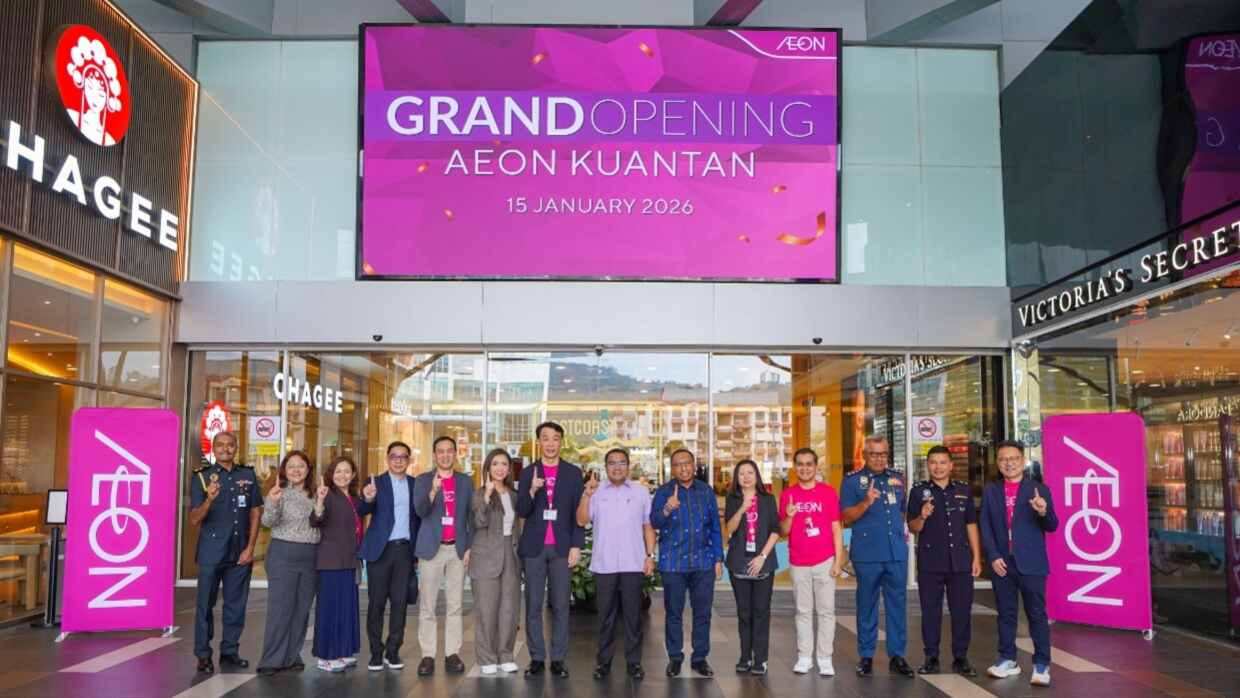


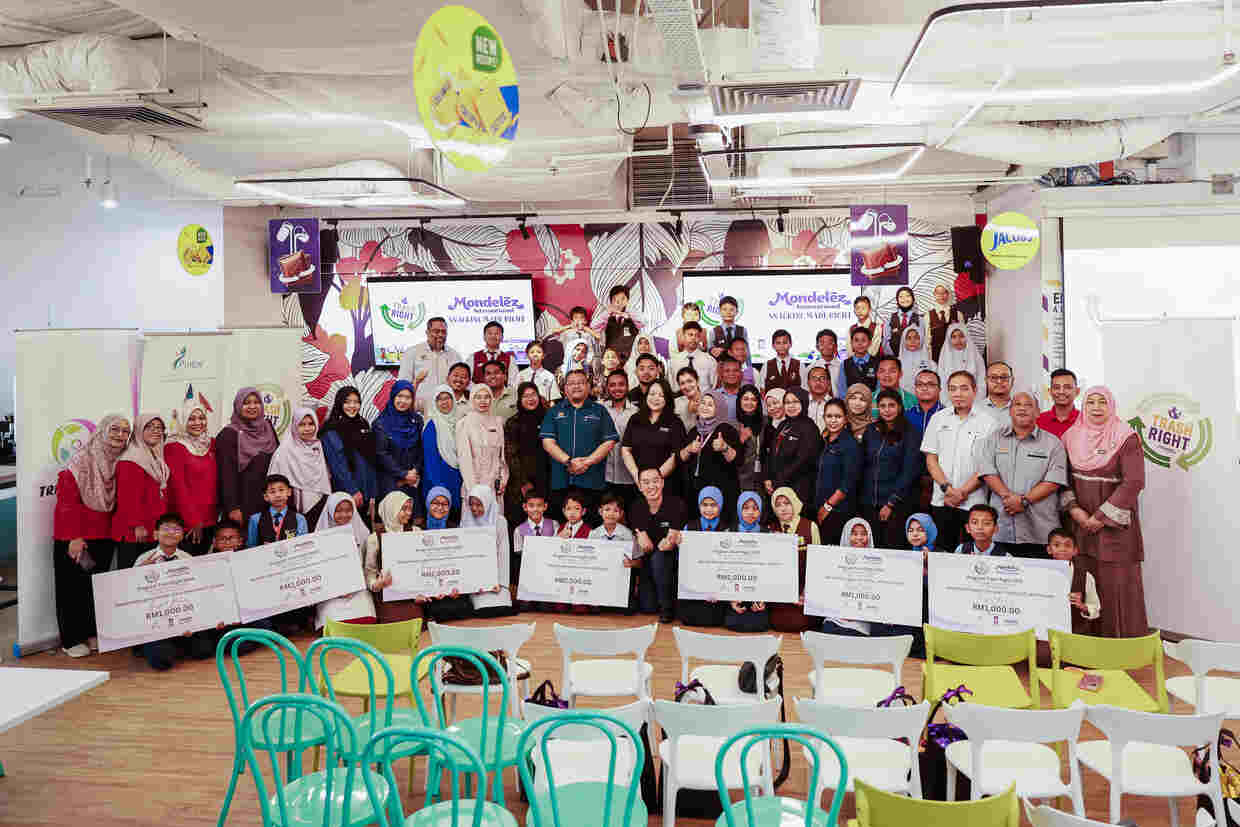

Add comment